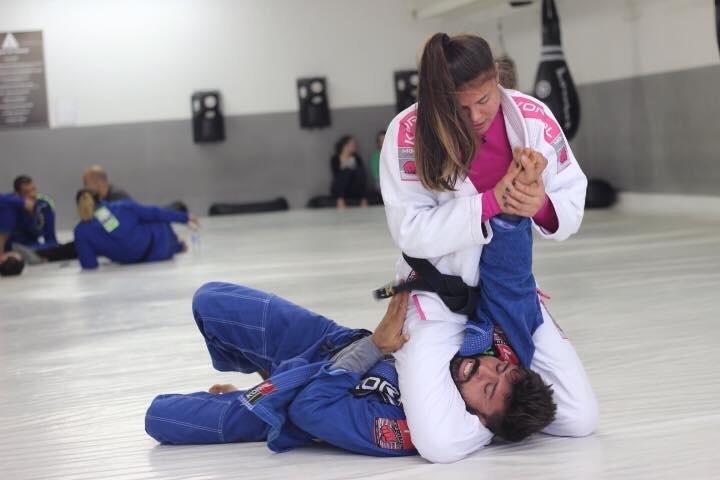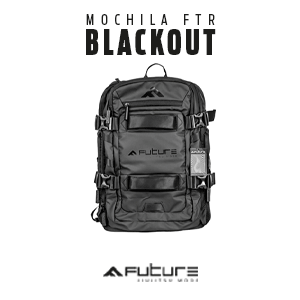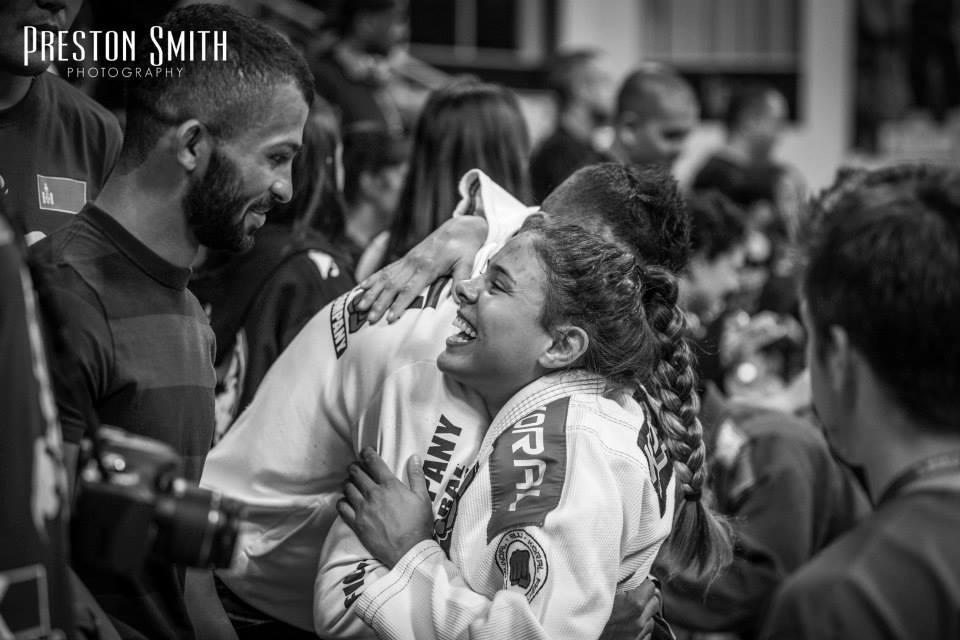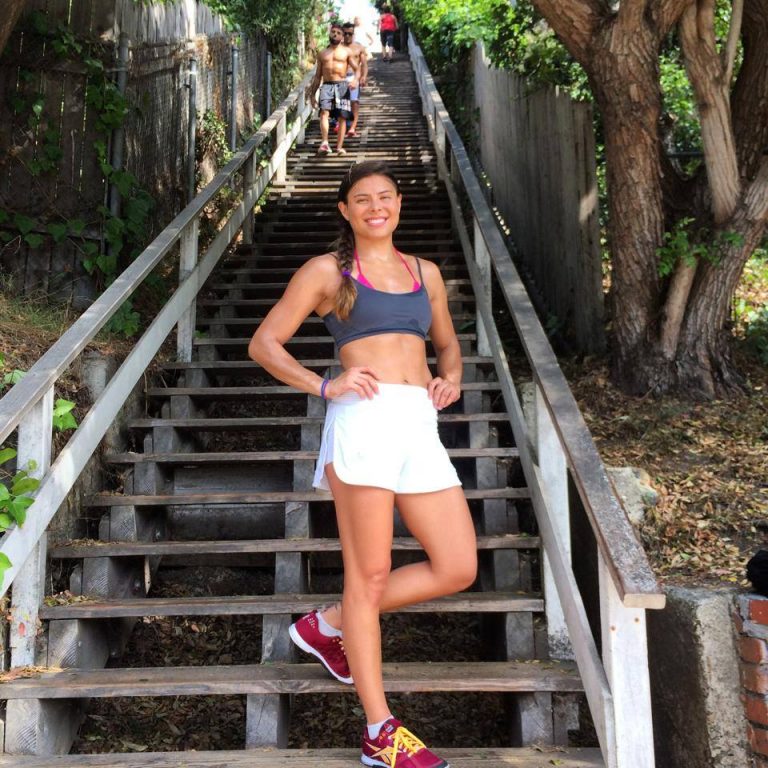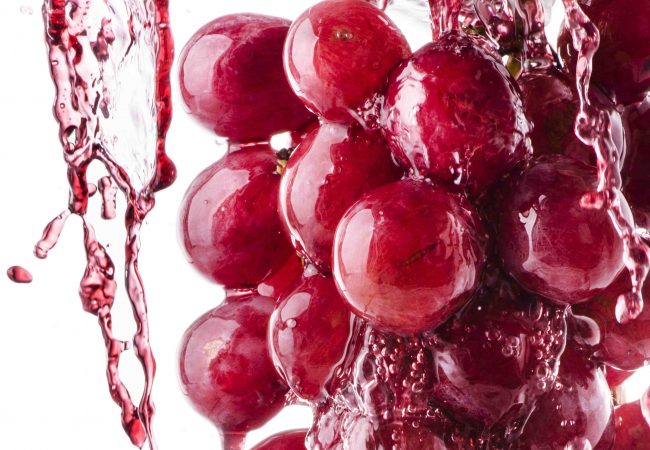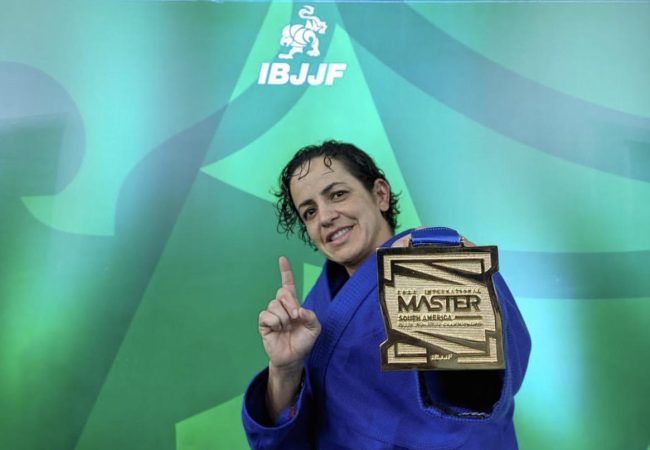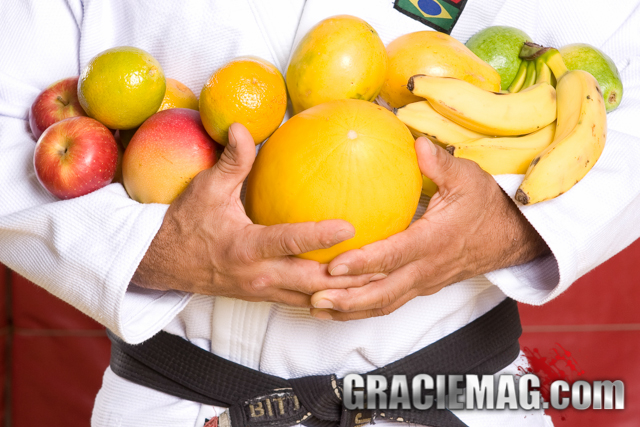Monique Elias debuted in the black belt on Jan. 18th at the Brazilian National Pro championship (competition that qualified Jiu-Jitsu athletes to fight at the WPJJC in Abu Dhabi next April) with a victory over former female absolute World champion Bia Mesquita by two advantages, after a technical duel of sweeps and foot lock attempts.
The student and wife of world champion Mario Reis conquered her black belt after an almost perfect performance at the Worlds 2014 at brown belt when she dominated the light heavyweight and absolute category with seven fights, seven wins and six submissions.
Monique’s expressive achievement at the National Pro indicates that she is here to stay and has a promising carrier ahead of her in competitive Jiu-Jitsu.
Here, GRACIEMAG looks into unrevealing some of the champ’s lifestyle secrets, which could be taking her to the top at black belt. Check it out:
GRACIEMAG: What do you do to have lots of energy?
Monique Elias: I have been working with a doctor for over a year now to monitor my health and improve stamina. Usually, I go to bed early and wake up naturally. I don’t make any appointments in the morning that I have to use the alarm clock. Also, I recently looked for an endocrinologist, Dr. Victor Sorrentino, who performed a battery of blood tests and found that I had some food allergies, which were taking a lot of my energy. Cutting some things of my diet such as lactose, sugar, and gluten made me feel much more prepared. Besides food, just good sleep. It adds value to organize your time because it allows you to do more things in a day using less energy, so you save it for what matters the most that is training.
How do you adjust your diet, before and after training?
My first Jiu-Jitsu workout of the day is at noon, so before I normally eat Tapioca (Yuca) and 3 eggs. I mix a carbohydrate of medium glycemic index, and a protein, which in addition to lower the carbohydrate’s GI, it still prevents catabolism (Lean mass loss). I try to vary my food, but it will always be a low or medium glycemic index carbohydrate and a choice of protein. It may even be a protein cupcake accompanied by a black coffee that has thermogenic action. After training Jiu-Jitsu I have no time and no hunger to eat, as I should. At this point, I make use of dietary supplements until I get home for lunch. After training we have a very high wear of energy, and muscle breakdown; so it is necessary to make use of carbohydrates. I always prefer fruit or coconut water along with a manipulated amino acid complex. I use manipulated by the degree of purity, because most of the supplements we find on the market are very chemical, and often do more harm than good.
Do you take any other supplements?
Yes, manipulated amino acids. And, if I cannot find carbohydrates from fruits, or something solid, I use Waxymaize. I also take mineral and medicinal herbs to balance my body from the waste of high performance training. Although I have a good diet just eating natural and organic products, the soil of the planet is already very damaged. This way, the same nutrients we received from greens 30 years ago are no longer the same available today. As well as the quality of the water we drink. So I always make periodic checks with the doctor to find out what my weaknesses are and supplement only with what is missing to keep my body balanced and healthy.
How does your lifestyle affect your athletic performance?
In my opinion, performance and health are 100% interconnected. Health is the result of your lifestyle. You are what you eat. If you have a balanced diet, rich in nutrients and easy to digest, you will have much more energy. Having more energy means more availability to train. Training improves your technique. Better technique and will power makes a different from a person to another, and these differences can be definitive to your performance in training and at the tournament. I saw the importance of adopting a healthy lifestyle in my first year of Jiu-Jitsu. I used to cut weight to fight at the lightweight division, and had a very restricted diet. Then, when I finished the competition I “rewarded” myself with fatty foods, sugar, chocolate, etc. I’ve seen all my sacrifice of months going to waste in a day. I once was able to put it back 6kg in two days, and I felt sick. To recover my body and conditioning I had to work hard for two months. Thus, at one point I realized that it was not worth it losing everything I’ve achieved with so much effort. This way, I decided to follow a lifelong diet, and I went after recipes that wouldn’t put my body at risk.
Can you give us some tips on how to “survive” tough Jiu-Jitsu training and still look your best?
It was pretty hard for me to switch careers, because my body has changed a lot and I had to adapt to a series of things that came along with Jiu-Jitsu. I have really long hair and had to learn to hold it in a way that it does not shed, and that it is not straitened. This preserves it from the pulling and helps it not to break. I do a very high ponytail, and a braid, holding at the end. I have no chemistry in my hair, because of the constant sweating I have to wash it 2 times a day and that already detonates the hair. Less aggression is always better. It is normal to have an increase of pimples in the face, with sweat and dirt. I finish training and wash my face right after with soap. Keeping the skin clean prevents acne. I have my nails done every week, always on Fridays because I will not train the next day. I keep it short, and use drying oil for a better finish and to moisturize my cuticles. Some things are inevitable, like the purple bruises in the legs and arms, and the callus in the fingers – But I already think it is charming!

